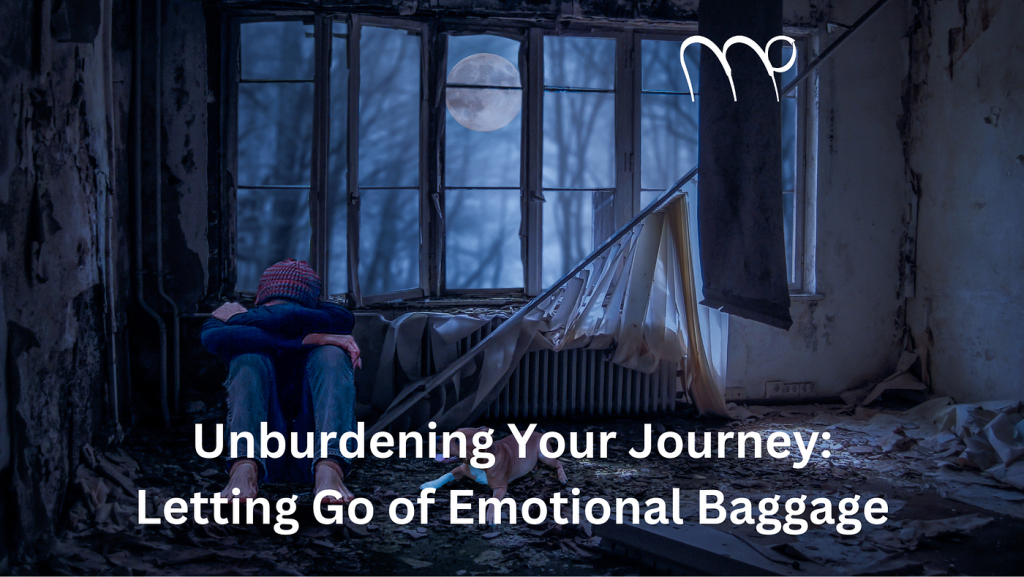Literature has always been a powerful tool for exploring and expressing human emotions. From ancient texts to modern novels, writers have been delving into the complexities of the human heart and mind, offering readers a mirror to their own experiences and emotions. In this article, we will explore how literature can help us achieve emotional freedom and how it can be a valuable tool for personal growth and healing.
One of the main ways in which literature can help us achieve emotional freedom is by providing us with a safe space to explore our feelings and experiences. When we read a book, we are invited into the world of the characters, their thoughts, their emotions, and their struggles. This allows us to connect with the characters on a deep emotional level and to see ourselves reflected in their experiences. Through this identification, we can gain a better understanding of our own emotions and struggles, and we can begin to see that we are not alone in our feelings.
Moreover, literature can provide us with insight into different emotional experiences and perspectives. By reading books written by diverse authors from different backgrounds and cultures, we can gain a better understanding of the range of human emotions and the ways in which people from different walks of life experience and express them. This can help us to develop empathy and compassion for others, as well as a better understanding of our own emotions and behaviors.
Literature can also help us to process and heal from emotional wounds. Many writers use their own experiences of pain, trauma, and grief as inspiration for their work, creating stories that resonate with readers who have gone through similar experiences. By reading about characters who have faced and overcome their own struggles, we can find hope and solace in the midst of our own pain. Literature can provide us with a sense of catharsis, allowing us to release our emotions in a safe and controlled environment.
In addition, literature can help us to develop emotional intelligence. Emotional intelligence is the ability to recognize, understand, and manage our own emotions, as well as to understand and empathize with the emotions of others. By reading about complex characters and their emotional journeys, we can learn to recognize and label different emotions, to understand the reasons behind them, and to develop healthier ways of coping with them. Literature can help us to become more self-aware and empathetic individuals, capable of forming deeper and more meaningful connections with others.
Another way in which literature can help us achieve emotional freedom is by inspiring us to make positive changes in our lives. Many books offer readers a vision of a better world, a world in which people are kinder, more compassionate, more understanding, and more in touch with their emotions. By reading about characters who strive for personal growth and self-acceptance, we can be inspired to do the same in our own lives. Literature can serve as a roadmap for personal development and self-improvement, guiding us towards a more fulfilling and emotionally liberated way of being.
Moreover, literature can help us to navigate the complexities of relationships and communication. Many books explore the dynamics of interpersonal relationships, the ways in which people connect and disconnect with one another, and the challenges of effective communication. By reading about characters who struggle with these issues, we can gain insight into our own patterns of behavior and communication, as well as into the ways in which we can improve our relationships with others. Literature can help us to become more understanding, supportive, and effective communicators, leading to stronger and more fulfilling connections with those around us.
In conclusion, literature is a valuable tool for exploring emotional freedom and achieving personal growth and healing. By offering us a safe space to explore our feelings and experiences, by providing us with insight into different emotional perspectives, by helping us to process and heal from emotional wounds, by developing our emotional intelligence, by inspiring us to make positive changes in our lives, and by guiding us through the complexities of relationships and communication, literature can empower us to connect with our emotions, ourselves, and others in a deeper and more authentic way. So pick up a book, immerse yourself in its pages, and let it guide you on a journey towards emotional freedom and self-discovery.

